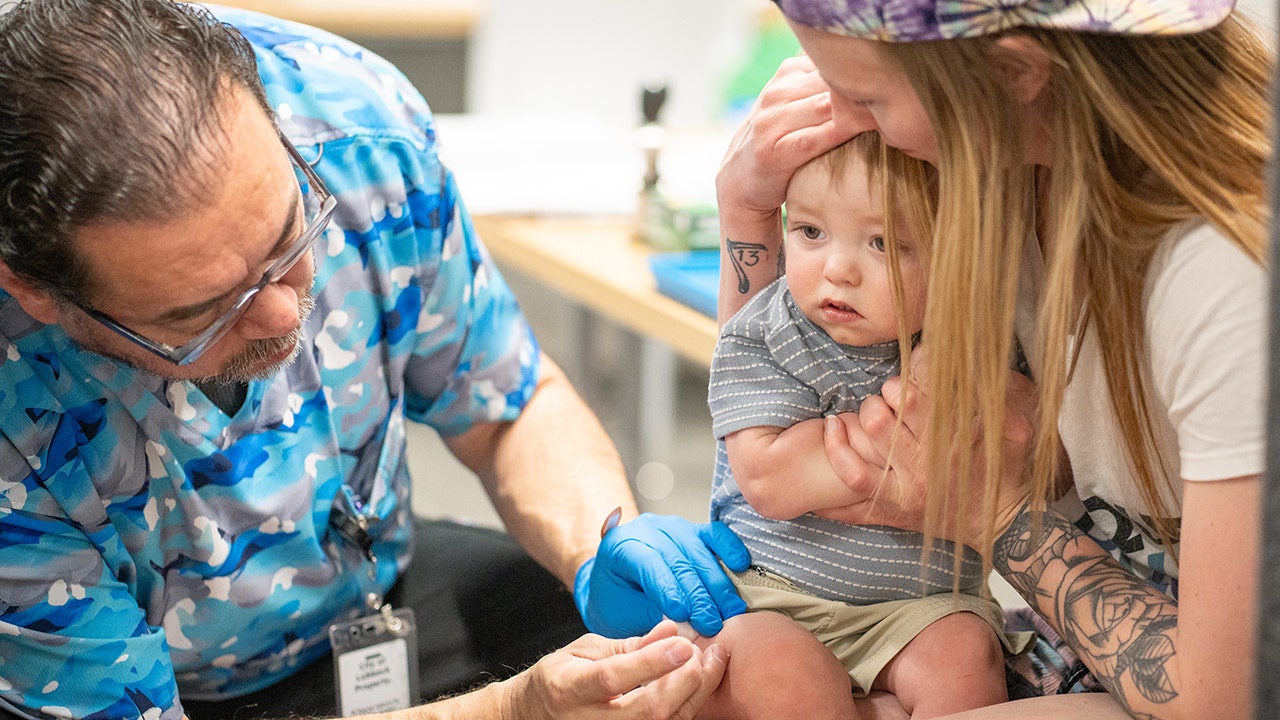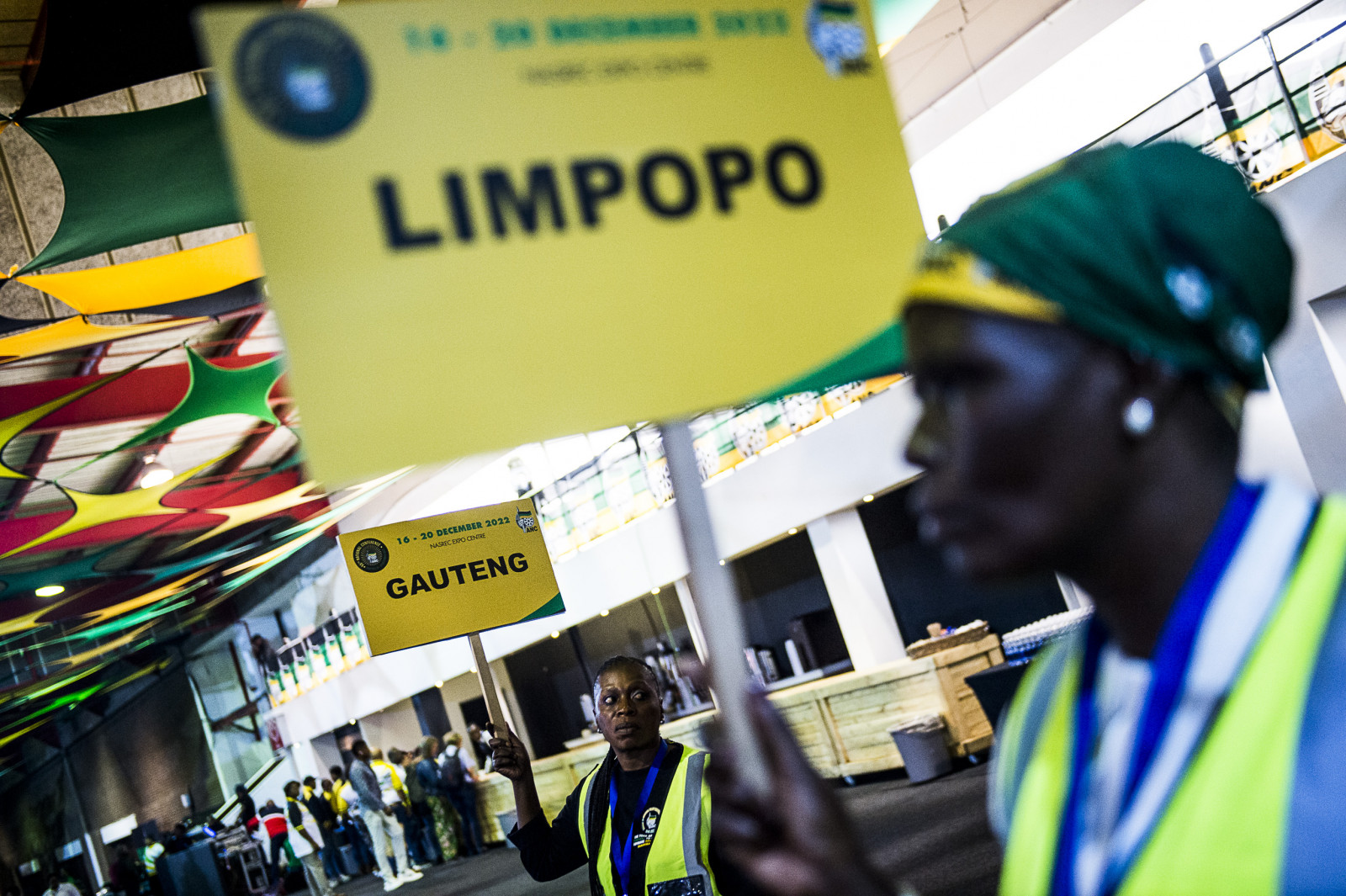Governments around the world began to reintroduce precautionary measures on Saturday that had been lifted earlier in the pandemic as researchers raced to determine if a new coronavirus variant posed a significant threat and several cases were spotted in Europe days after it was first detected in southern Africa.
Omicron, a new variant first detected in Botswana, sent Europe into high alert on Saturday after cases were detected in the United Kingdom, Germany and Italy. Omicron cases were already detected in Belgium on Friday. The Czech Republic, Austria, Israel and the Netherlands were all investigating suspected cases of the variant.
There is still relatively little known about Omicron. It has mutations that scientists fear could make it more infectious and less susceptible to vaccines — though neither of these effects is yet to be established. Most confirmed cases of the variant are contained to southern African countries, but there are worries the virus could have spread more widely before scientists there discovered it.
“There’s been a window of probably about two weeks conservatively that this virus has been spreading,” Andrew Pekosz, an epidemiologist from Johns Hopkins Bloomberg School of Public Health said in an interview on Saturday. It is likely the variant is already in New York, he said.
“There certainly is a chance that it has already spread globally, but we just don’t know yet,” Mr. Pekosz added.
European leaders, already struggling with a surge in Covid-19 cases that has made it once again the epicenter of the pandemic, tried to strike a balance between increasing caution and avoiding panic. But the virus would not cooperate.
Sixty-one passengers of 500 on two flights from southern African countries into the Netherlands on Saturday tested positive for the coronavirus and are quarantining in Amsterdam. The Omicron variant is likely to be found in some of those 61 passengers who tested positive, the Dutch authorities said.
The European Union on Friday decided to restrict travel to and from seven countries in southern Africa: Botswana, Eswatini, Lesotho, Mozambique, Namibia, South Africa and Zimbabwe. Israel said it would close its borders to foreign nationals for two weeks, according to local reports. Switzerland will vote on their government’s health strategy on Sunday.
In a news conference on Saturday evening, Prime Minister Boris Johnson said that to curb the spread of the variant, face masks would be required in stores and on public transportation, a rule the country had ended in July.
Britain will also require travelers from abroad to get a PCR test within 48 hours of their arrival and require contacts of those who test positive with a suspected case of Omicron to self-isolate for 10 days, regardless of vaccination status.
The variant was also detected in Hong Kong, which prompted “the most stringent boarding and quarantine requirements” for travelers coming from south African countries. Japan also issued travel restrictions for passengers from Botswana, Eswatini, Lesotho, Namibia, South Africa or Zimbabwe.
“I think certainly caution is warranted to restrict travel and to watch this closely, but at the end of the day, we really need a lot more data to evaluate this new variant,” Philip A. Chan, an infectious disease doctor at Brown University who has helped lead the Covid-19 response for Rhode Island, said.
What we do know, he said, is that the Omicron variant seems to be overtaking the Delta variant in south African countries. This suggests two things: that the Omicron variant is more contagious than the Delta variant, and that it can overcome some of the natural immunity and vaccine immunity.
“Neither one of those things are good, obviously. And I think that those are the two reasons that have experts and scientists so concerned,” Dr. Chan said. But he still “urges caution and patience.”
“Let’s wait to see what the data shows. Let’s take appropriate precautions,” he said.
Dr. Chan also cautioned that without a robust global vaccination effort, “we are half-treating the pandemic” and leaving the world open to new and more transmittable variants.
















Discussion about this post